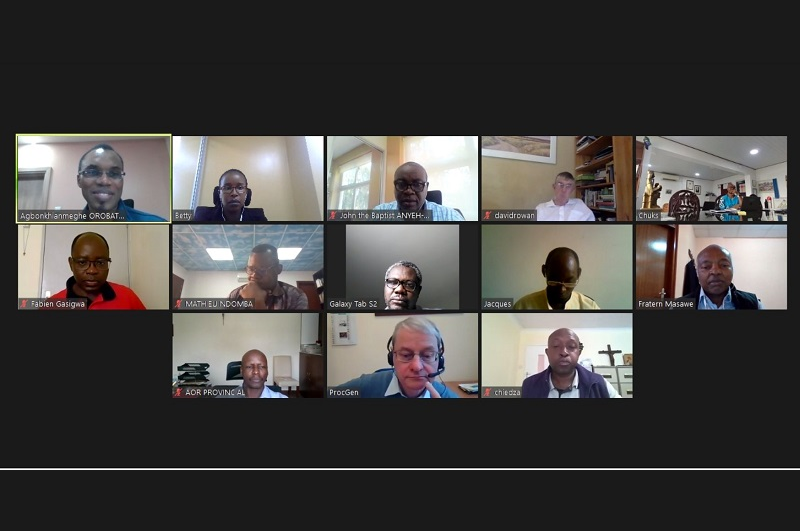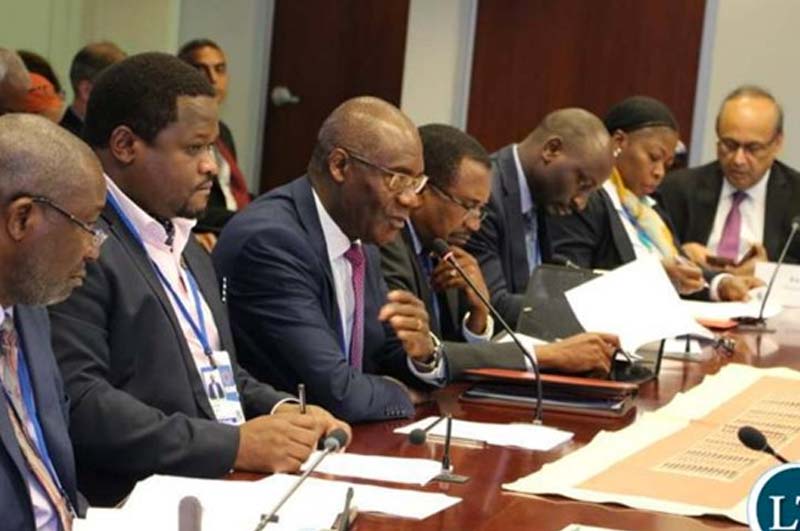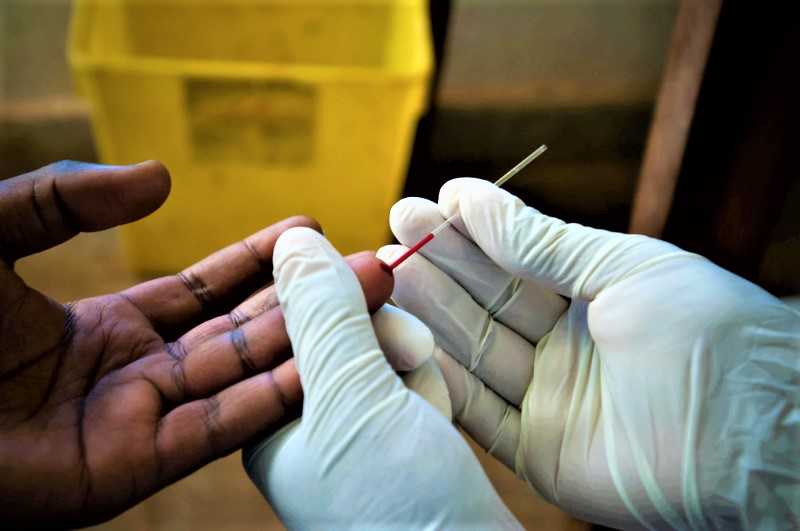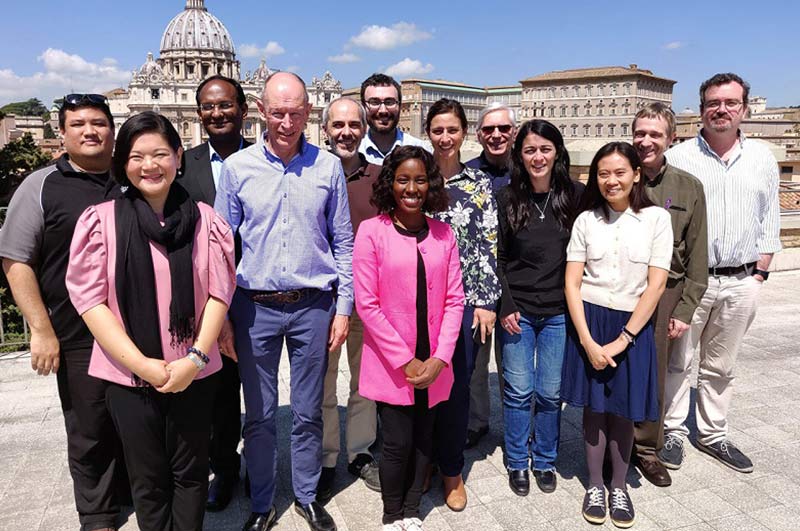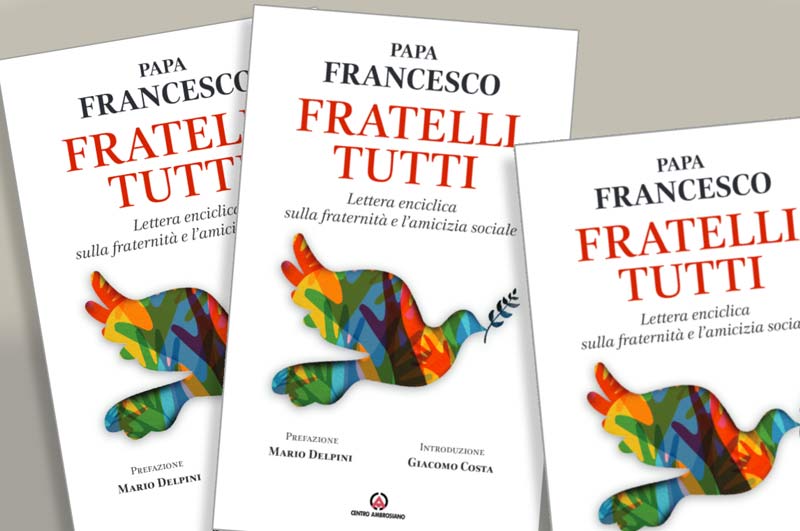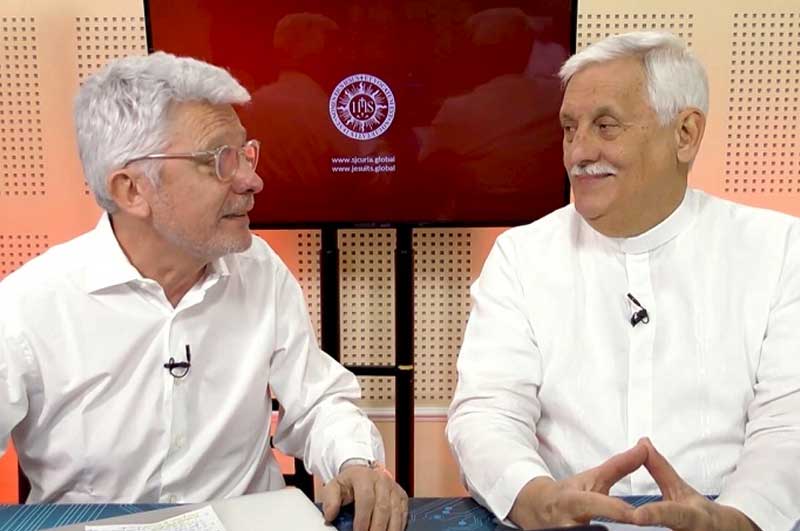


The COVID-19 pandemic has accelerated the transformation of human life demanded by the changing times we live in. But we still don’t know how deep this change will have to be. - The pandemic has highlighted the importance of care - the Jesuit word ‘cuidado’ in Spanish - in many dimensions of our lives.
- It has brought to light so much neglect accumulated over decades in the way human beings have related to each other, to nature and to God. - We can learn from it how caring for oneself and caring for others is intimately related.
On the feast of the Annunciation, wrote to the whole Society a long letter on " Care or “cura” in the governance of the Society's life-mission at this change of epoch”. - I invite you to read it slowly and attentively and to discuss, in the communities and also in the apostolic works, about the importance of maintaining this creative tension between care of the apostolate (cura apostolica) and care of the person (cura personalis). - We also need to talk about the dangers of failing to exercise this ‘cura’, the dangers of a lack of care whether for our life or of our mission. The neglect of one leads to the neglect of the other. The charism and authentic way of proceeding of the Society of Jesus preserves this tension.
From the time of his Incarnation right through to Easter, Jesus shows a radical commitment to the care of a creation in need of reconciliation. Acting in history, he continually cares for his own. He shows this in his "apparitions" to Mary Magdalene, to the disciples of Emmaus and to the Apostles. Jesus takes care of them. He calls Mary by name, he tells the disciples where to cast their nets for fishing, he prepares the food they need after the work (Jn 20-21), he opens their eyes and warms their hearts so that they can see and feel the signs of his presence.
Giving the best of ourselves to the mission requires us to nurture - to take care of - common discernment and apostolic planning enlightened by the Universal Apostolic Preferences. In them we find concrete indications to link up the care of the apostolate with care of the person. - Taking care of our spiritual life allows us not to get lost on the path to God that we are called to show to all human beings. - Caring for the lives of the discarded takes on a profound meaning at this time. Their number has multiplied exponentially as a consequence of the unjust structures of our world. Our global structures seem incapable of putting human beings and the Common Good at the center of local, national or global political decisions. - Accompanying young people is a continuous exercise in learning about what it means to take care of the present and the future of humanity. Here is where the meaning of our life-mission is constantly renewed. - The neglect of nature has been laid bare during the pandemic of COVID-19. To continue to neglect it is the greatest of the irresponsibilities of a humanity that has come up against its fragility. We have received a big wake-up call about the need and also the possibility to respond as one single humanity without distinction of culture, age or religion.
Returning to the Ignatian sources has allowed us to re-read Ignatius’ life as an experience of being cared for and being invited to care. In the Autobiography, Ignatius shows how he is led and cared for by God himself. The Spiritual Exercises are the mystical journey of God's care, a God who is committed to the vocation of the human being whom he cares for through the incarnation, death and resurrection of Christ. Everything is thus contemplated ad amorem. And the Constitutions, in their parts IV, VIII and IX are nothing other than the commitment of those who govern, to preserve and care for the body of the universal Society in function of the mission.
The letter I wrote in March builds on the rich reflection of the ex-officio letters of 2018. They make it clear that the difficulties in the areas of cura apostolica and cura personalis stem mainly from a separation between the two. When we have this duality, the path is taken to a separation of competencies between the local Superior and the Director of the Work. And this path does not help in the care of the mission.
To take care of the mission, the Society of Jesus needs to take care of the people who make it possible and who form its apostolic body. For this reason, it is urgent to learn to collaborate with lay men and women, with the diocesan clergy and with other religious men and women so that we can all work together as a body, taking care of others and allowing ourselves to be taken care of.
Caring requires "opening processes" of open-mindedness and conversion to free us from clericalism, paternalism, individualism and authoritarianism, which are found in so many current contexts. To care and to allow oneself to be cared for is to grow in the universal Society; it is an essential part of the culture of our apostolic body.
The process of restructuring the governance of the Society of Jesus has highlighted the role of "delegation" in the exercise of authority in the apostolic body as a way of maintaining the tension of care in all dimensions. a) In large administrative units, both demographically and geographically, some people receive delegated authority to accompany different areas of life-mission and ensure their care. b) Other complementary forms are added that help in the coordination of apostolic areas, in the accompaniment of the development of the apostolic plan or in the articulation of communities and works in a given geographical area.In the letter I point out some immediate steps that we can take during this Easter season: a) Each Jesuit as well as each companion in the mission can ask: “what can help me to grow in that transparency and honesty that arise from interior freedom and Ignatian indifference?” b) I ask local Superiors and Directors of works (Jesuits or lay) to take initiatives to help communities and works adopt spiritual conversation, or similar forms of exchange, as the usual way of discussing matters that are central to the life of the community or apostolic work c) Each major superior can ask himself: “how can I grow in my capacity for in-depth dialogue with the members of my province or region and with the companions in the mission who have responsibilities in it?”
We are faced with the challenge of building a culture of care through in-depth dialogue among the companions in the mission. This means that, while maintaining the maximum respect for the conscience and vocation of each one, we want to create an atmosphere of discernment. This discernment will illuminate the apostolic planning of each work and how it fits into the overall plan of each Province or Region in the light of the Universal Apostolic Preferences.
Let us make the most of the experience of the COVID-19 pandemic to be able, in the next stage, to overcome any lacks that exist either the care of persons or our care of the apostolate. We want to put care (‘cura’) at the very centre, the very heart, of the way we relate to each other in the life and mission to which we are called.
Related Articles
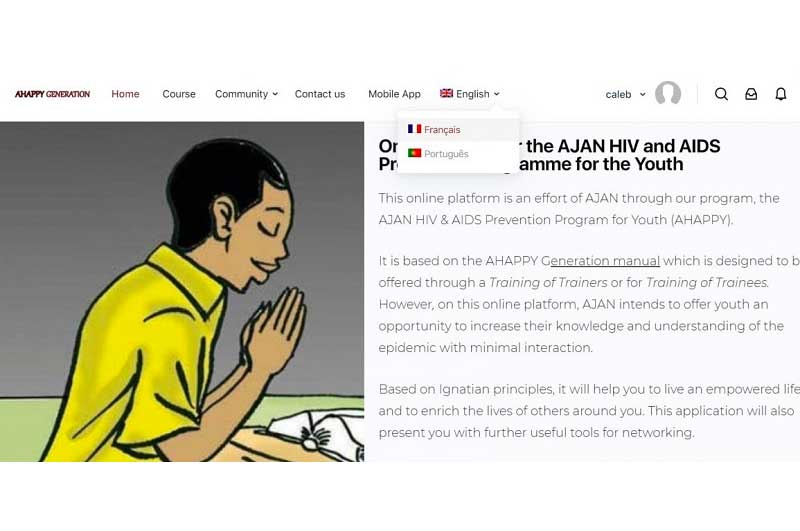
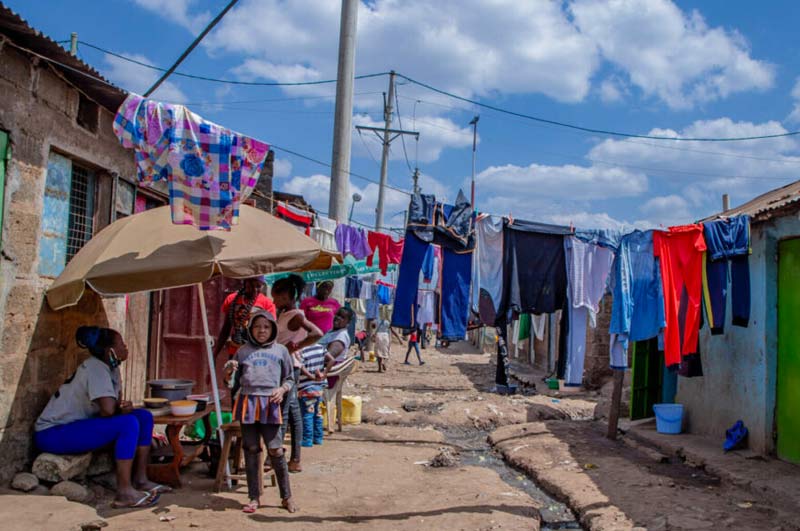
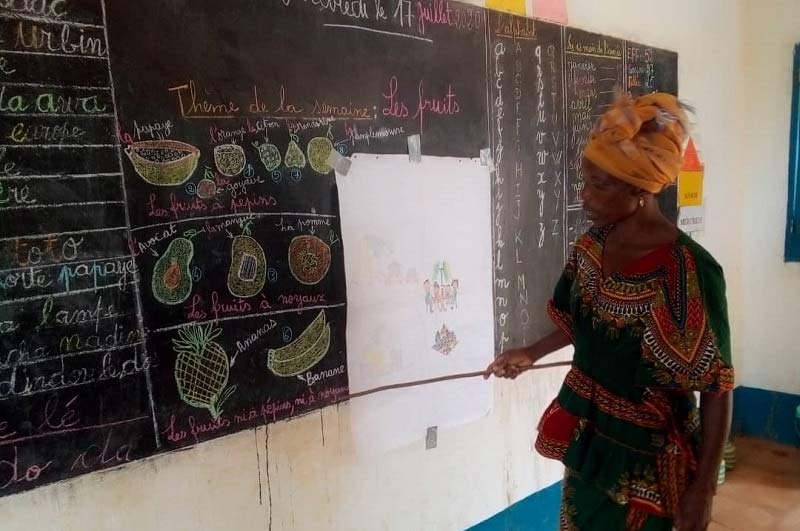
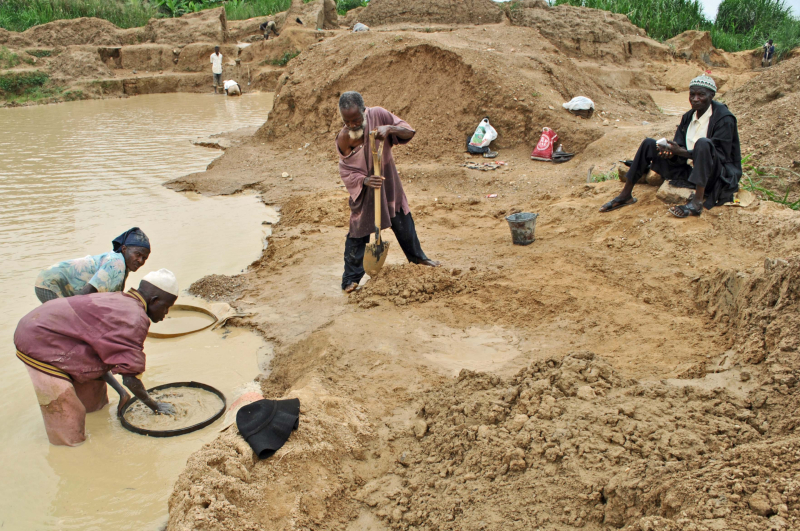
Select Payment Method
Pay by bank transfer
If you wish to make a donation by direct bank transfer please contact Fr Paul Hamill SJ treasurer@jesuits.africa. Fr Paul will get in touch with you about the best method of transfer for you and share account details with you. Donations can be one-off gifts or of any frequency; for example, you might wish to become a regular monthly donor of small amounts; that sort of reliable income can allow for very welcome forward planning in the development of the Society’s works in Africa and Madagascar.
Often it is easier to send a donation to an office within your own country and Fr Paul can advise on how that might be done. In some countries this kind of giving can also be recognised for tax relief and the necessary receipts will be issued.


